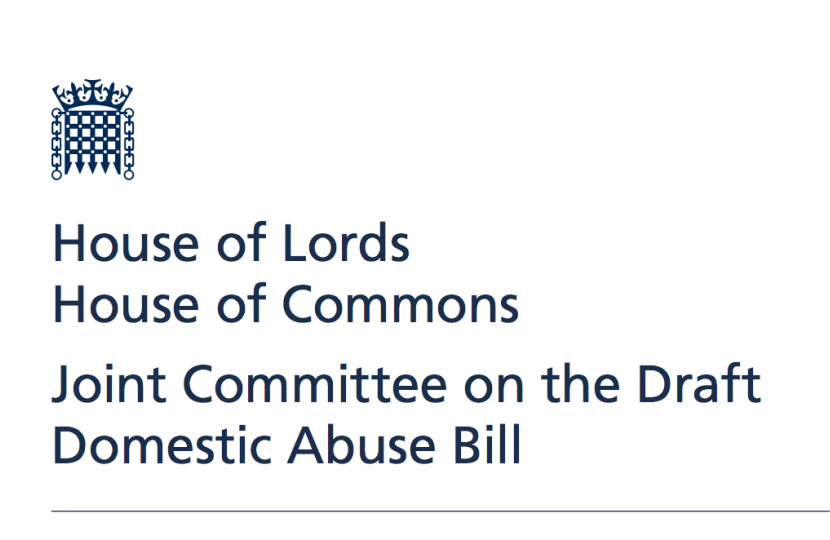
Following extensive consultation last year, on 21 January 2019 the Government published a draft Domestic Abuse Bill together with Explanatory Notes and a response to the consultation. The Government also proposed a package of measures to sit alongside the legislation.
On 27 February the House of Commons resolved to establish a committee to join with a committee of the House of Lords to consider the draft Bill. The House of Lords agreed on 6 March.
Send in your views
The Joint Committee on the draft Domestic Abuse Bill is seeking written evidence on the measures and reforms proposed by the Government in the draft Bill. It would particularly welcome written evidence on:
The following proposed measures in the draft Bill:
- The statutory definition of domestic abuse, including the proposed gender-neutral approach, and whether there should be any differentiation between different types of abuse;
- The role and powers of the Domestic Abuse Commissioner;
- The Domestic Abuse Protection Notice and Domestic Abuse Protection Order;
- The introduction of special measures in cases involving domestic abuse;
- The measures to prohibit cross-examination in person of alleged victims or perpetrators in the family court;
- Enabling the National Probation Service to pilot polygraph testing with high risk domestic abuse perpetrators to monitor licence conditions in the community;
- Whether the measures in the Bill ensure that the UK is compliant with the Istanbul Convention;
- How the Domestic Violence Disclosure Scheme (Clare’s Law) should operate in practice and what statutory changes and alterations in current practice are needed to effect this.
As well as:
- What measures are required to ensure there is a sustainable, long-term and secure funding model for specialist domestic abuse services, including refuges;
- Whether the draft Bill offers adequate protection for children in families where there is domestic abuse;
- Support for victims of domestic abuse with uncertain immigration status which means they have no recourse to public funds;
- What measures are necessary to enable the prevention of domestic abuse, especially the role of healthcare services in early detection and intervention;
- Issues raised in relation to the interface between reserved and devolved powers within the United Kingdom;
- The need for non-legislative measures to support the proposed legislation, in particular the provision of adequate training for all relevant agencies, and the capacity to ensure multi-agency and multi-departmental co-operation and co-ordination.
The deadline for written submissions was 26 April 2019, 5pm.

